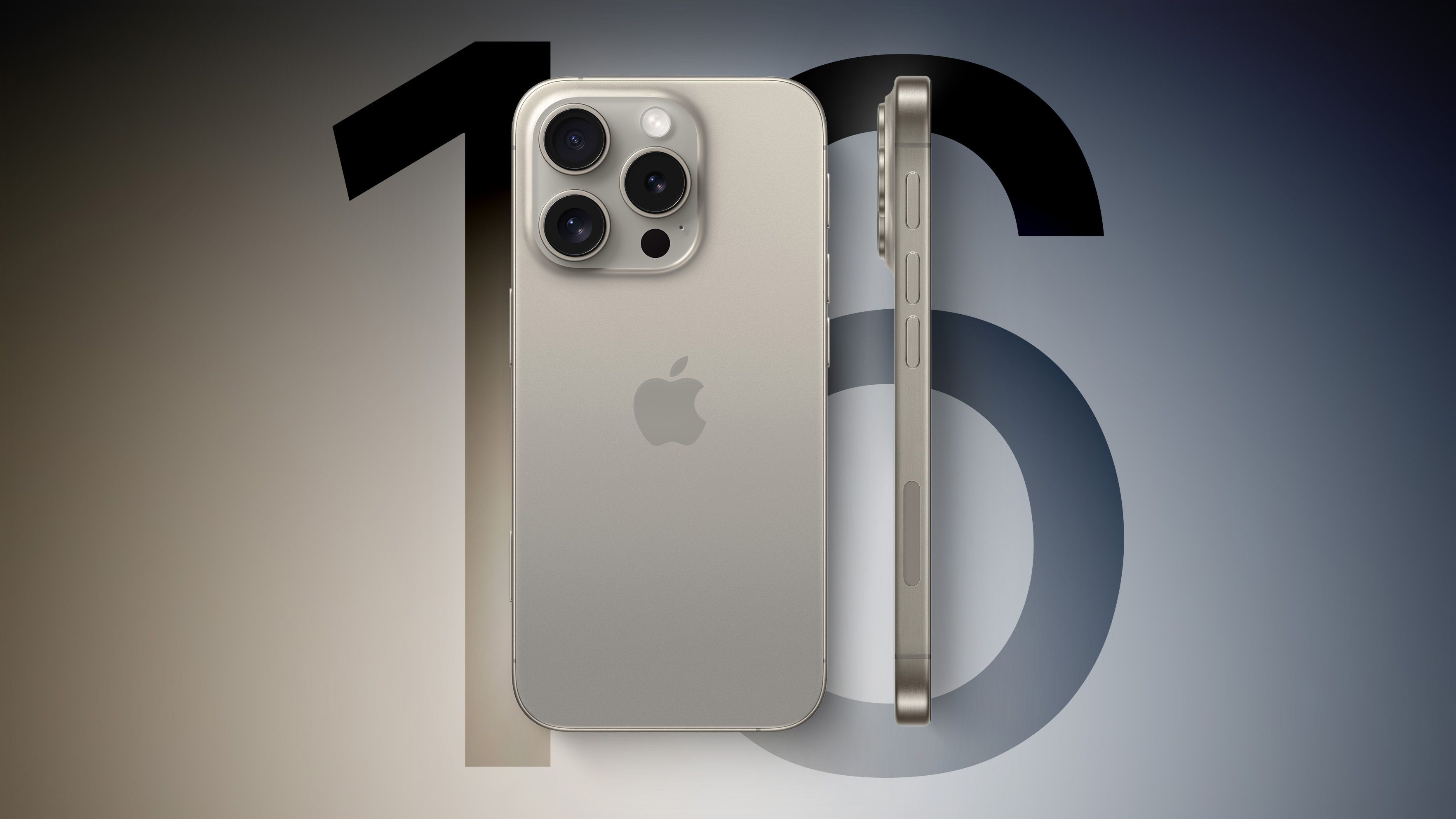iPhone 16 Series Chip Technology Moves to Volume Production - 3 minutes read

Apple has already given order commitments to chip supplier TSMC for its second-generation 3nm chip fabrication process known as N3E, which is expected to be used in all four models of next year's iPhone 16 lineup.
TSMC's next 3nm node upgrade to N3E is less expensive and has improved yield compared to the Taiwanese foundry's first-generation 3nm process, N3B, which made its debut on the smartphone market with the A17 Pro chip that powers Apple's iPhone 15 Pro models. The N3E process also focuses on enhancing chip performance and power consumption.
According to DigiTimes' sources, the foundry house has already moved N3E to volume production, and plans to have the upgraded version replace N3 starting 2024. Except for Samsung, all major chip vendors will embrace N3E, and TSMC has already obtained order commitments from its customers, the largest being Apple.
Apple is receiving all of TSMC's first-generation 3-nanometer process chips this year. As early as May, Apple was known to have booked nearly 90 percent of the foundry's 3nm production for its devices. Apple is now projected to take 100 percent of TSMC's capacity in 2023, due to delays in Intel's wafer needs owing to later modifications to the company's CPU platform design plans.
TSMC is expected to see 4-6 percent of its overall sales in 2023 to come from 3nm manufacturing, thanks to huge orders from Apple for N3B chips for its iPhone 15 devices. Apple alone is expected to contribute as much as $3.4 billion in sales for the foundry this year.
TSMC also plans to move N3P to volume production in the second half of 2024, according to the report. N3P is said to offer an additional boost to N3E with 5 percent more speed at the same leakage, 5-10 percent power reduction at the same speed, and 1.04x more chip density.
All four iPhone 16 models will be equipped with A18-branded chips based on TSMC's N3E node, according to Jeff Pu, an often-accurate analyst who covers companies within Apple's supply chain. The iPhone 15 and iPhone 15 Plus are equipped with the A16 Bionic chip, so a jump to the A18 chip for the iPhone 16 and iPhone 16 Plus would be significant.
Given that the iPhone 16 lineup is around a year away from launching, Pu is probably making an educated guess about the marketing names, so it remains to be seen if Apple actually moves forward with A18 and A18 Pro branding.
Source: MacRumors
Powered by NewsAPI.org